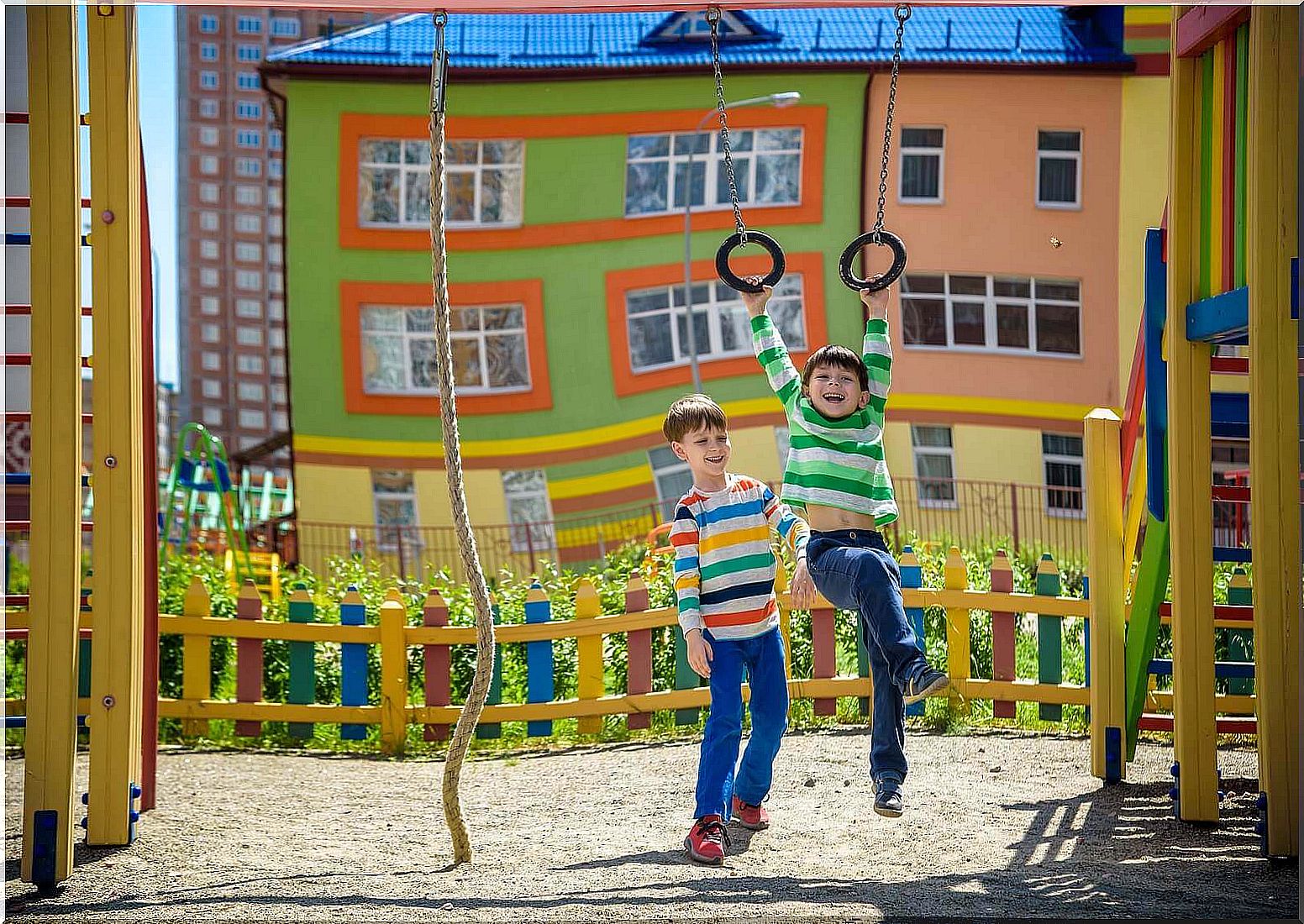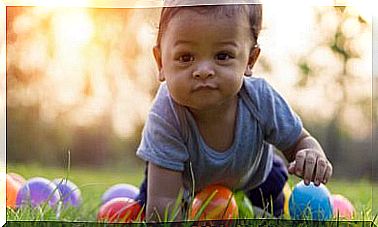Social Intelligence In Children

According to Daniel Goleman, a world-famous psychologist and writer, emotional intelligence is “the ability to recognize one’s feelings and those of others, to motivate oneself, and to manage relationships appropriately.”
Thus, this type of intelligence can be divided into two others: intrapersonal intelligence and social or interpersonal intelligence. Along the following lines, we will talk about the latter and its development during childhood.
For starters, you should know that social intelligence refers to the ability to relate to other people effectively, understanding their intentions, motivations and desires. It’s about showing empathy and putting into practice certain social skills in order to establish healthy social relationships.

Social intelligence in children
Children begin to develop social intelligence from the moment of their birth, with the family nucleus being the first agent of socialization. In the beginning, babies constantly interact with their primary caregivers, usually parents, to meet their basic needs.
Gradually, this relationship becomes more and more complex and the family environment becomes fundamental for the education and optimal development of children.
Thus, the family has the function of providing adequate emotional guidance, values, behavior examples, etc. All this within a climate of positive coexistence in which communication, affection and mutual respect prevail.
In addition, the school should also be in charge of working emotional and social aspects with children, teaching, in a practical way, skills to relate, collaborate and cooperate with peers.
We must not forget that school and family are the first two social contexts in which children interact. Therefore, both have a privileged position when it comes to promoting the development of children’s social intelligence.
Social Skills Children Should Learn
During childhood, there are several skills related to social intelligence that children must acquire. Some of the most important are as follows:
- Having the ability to share emotions, feelings, thoughts, opinions and beliefs with others.
- Develop communication skills.
- Learn to put active listening into practice.
- Know the rules and social norms.
- Have the ability to understand the emotions of others.
- Being able to adapt to different social situations in everyday life.
- Develop self-regulation and self-control of behavior.
- Knowing how to identify conflicts and how to handle them in a way suitable.
- Have the ability to anticipate the attitudes and behavior of others.
The importance of developing social intelligence in childhood
According to primary school teacher Lidia Guevara Gómez, children who develop great emotional intelligence and, therefore, also a high degree of social intelligence, have:
- More friends.
- Greater willingness to learn.
- Fewer behavioral problems.
- Greater security and self-confidence.
- A positive self-esteem.
- Greater resilience.
- More empathy.
- Better resources for resolving conflicts.
- Less likely to resort to self-destructive behaviors (drugs, alcohol, etc.).
- Greater ability to control impulses.

In summary, as stated by the aforementioned Daniel Goleman:
Therefore, it is possible to say that social intelligence is as important for a child’s full development as any other type of cognitive ability. Therefore, it is necessary to give it the relevance it deserves, trying to take very good care, throughout the children’s childhood, of everything related to emotional and affective aspects.
After all, humans are social by nature and have an innate need to interact with other people. Therefore, it is logical to think that children should acquire certain social skills as quickly as possible so that they can properly relate to and enjoy their surroundings.








